|
(c) Caroline Legg On Thursday 8th February, we start our evening earlier with the AGM at 7.00pm. Doors and the bar open at 6:30pm. We hope that all our members will be able to attend the AGM.
Sofia Muñoz and Flemming Ulf-Hansen from Natural England (see below) will start their talk on the Hen Harrier Southern Reintroduction Project at 7:30pm. They will share updates about the conservation breeding programme for hen harriers and how the project team are working with local farmers, landowners, game keepers and conservation groups to alleviate concerns about hen harrier recovery in the region. Having disappeared from the mainland as a breeding species by the late 19th century, hen harriers recolonised naturally in the uplands from the northern isles, but continuing illegal persecution of these birds of prey has hampered recolonisation in the south. In August 2022, ten captive hen harriers from a rescue centre in France were transported to the UK and they have spent the last 17 months settling into their new home and adapting to each other. It is hoped that in 2024 these hen harriers will breed and their progeny will be released wild into the arable landscape of Wiltshire. If you'd like to read up about their project in advance, please see the Project's blog Flemming Ulf-Hansen, Lead Adviser Salisbury Plain and Hen Harrier Southern Reintroduction at Natural England [B.Tech. Environmental Science, MSc Plant Science, PhD Ecology] Sofia Munoz, Senior Adviser Hen Harrier Southern Reintroduction Complex Case Unit [BSc (Hons.) Biology, specialization Zoology, MSc Biology Conservation] 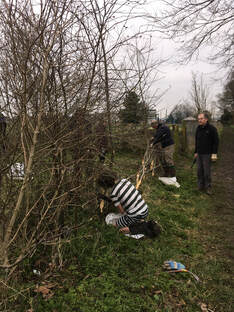 Do come and help with hedgelaying in the Community Field on Saturday 3rd February from 11am to 1pm. You'll learn traditional techniques for hedge laying and help in the development of a healthy habitat for wildlife. No prior experience needed and tools will be provided. It's forecast to be fine, so bring weather appropriate clothing and some tough gardening gloves. The calendar for field trips is now listed on the Field Trips page if you want to pencil them in your diaries. The Committee is just finalising the detailed programme document with all the meet up postcodes, what to wear and bring, plus a short description of each trip.
This programme document will be uploaded to the website next month, when we'll let you know about how to book your places. On Thursday 1st of February at 6pm, we will be screening a series of short films on the theme of ocean plastics at the New Vic (Victoria Hall) in Tisbury. Doors and bar open at 5.45 pm. All welcome...it's £1 per ticket for members and non-members. Free for the Under 21s.
With a total duration of about 1 hour, we will be showing a diversity of documentaries and animated films. The focus will be on how the plastic we use makes it into the oceans, the impact of our consumption activities on the health of the aquatic ecosystems around the world, and what all of us can do about it. It’s not all gloom and doom, the films are sad and uplifting in equal measures, giving us clues as to what we can do to help understand and alleviate the plastic problem. The short films are informative, cinematographically innovative and thought-provoking, and some have been filmed in remote beautiful locations such as Bali. We will start with four animated films, ‘The Beauty’ (2019), ‘Are you eating plastic for dinner?’ (2019), ‘Shelfish’ (2019) and ‘Plastic is everywhere’ (2023). We will continue with a series of short documentaries, including ‘If you give a beach a bottle’ (2022) and ‘Voice above water’ (2021), both winners of multiple Film Festival awards. Finally, we will end with three documentaries by Ed Scott-Clarke, film director and producer, who will be available at the end of the screenings for a Q&A. First, a longer documentary ‘Plastic Shores’ (2012) followed by two short documentaries produced for the CNN. Rob Farrington, Wilder Dorset Project Manager at Dorset Wildlife Trust, came to give us a talk about the development of the Wild Woodbury community rewilding project, from land acquired by Dorset Wildlife Trust at Bere Regis in 2021.
It used to be an intensive arable farm, with some square areas of woodland, but was very difficult to farm due to excessive water which prevented access to farm machinery during great part of the year. Huge drainage ditches had been historically installed to try to alleviate the situation. Since its acquisition, the management practices by DWT have consisted in the restoration of natural processes, with inspiration from the rewilding movement and the Wicken Fen project. For example, the natural hydrology of the site is in process of being restored by removing ditches and drains, artificial fertilisation has stopped and extensive grazing by cows and ponies at low stocking levels has been implemented… Pigs will be introduced at a later stage. According to Rob, the rate of change has been enormous and unexpected processes have been observed, such as the creation of spoil heaps from mice and voles. The site has a very varied geology, which makes the changes very interesting. We were shown pictures of before and after to demonstrate the changes. Biological surveys have shown that the numbers of invertebrates have increased (for example, butterflies have increased 62%), and therefore the number of predators of invertebrates (for example, harvest mice and birds such as nightjars and short-eared owls). The colonisation of the former arable land by heathland and acid grassland species suggests that the site may revert into a wet heath. The river leaving the site used to be brown with run-off; now it is clear, the site retains a lot of water which prevents flooding in the surrounding roads. We are looking forward to our visit of the site when we resume our outings this spring. In the meantime, you can follow the news on Dorset Wildlife Trust website’s blog: www.dorsetwildlifetrust.org.uk/blog/tag/wild-woodbury Inés López-Dóriga Between 11 am and 1 pm on Saturday the 3rd of February, we shall be hedgelaying in the Community Field, below the Nadder Centre. All helpers gratefully welcomed! No prior experience necessary.
In January 2024, our Young Nature Watch activity took on a different guise: we set a competition for our members, to photograph a flower, au naturel between 30th December and 2nd January. This was in conjunction with the Botanical Society of Britain and Ireland’s annual flower hunt.
We were delighted to receive several entries from around the area. These were collated and submitted to BSBI as a group entry. The winner of the under 10’s competition was Rose McLean for her super photo of some catkins, trembling in the breeze and shedding their pollen. Well done, Rose and thank you to all those who entered. Emma Procter 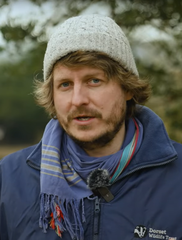 On Thursday 11th January at 7:30pm in the Victoria Hall on Tisbury High Street, we shall be hearing from Rob Farrington, who has been managing the Wild Woodbury Project from the outset. Rob will describe the work carried out to date, and discuss the prospects for the future and lessons to be drawn from this project for the countryside more widely. As always, our events are free if you’re a member of the Society or under 21, and you’ll be very welcome to come as a guest visitor for the payment of £2. |
Photo: Avocets (Izzy Fry)
The headers display photos taken by our members. Do get in touch via the Contact Form if you'd like to submit a photo for selection.
Archives
May 2024
Categories
All
|
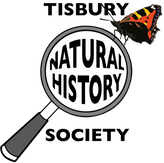
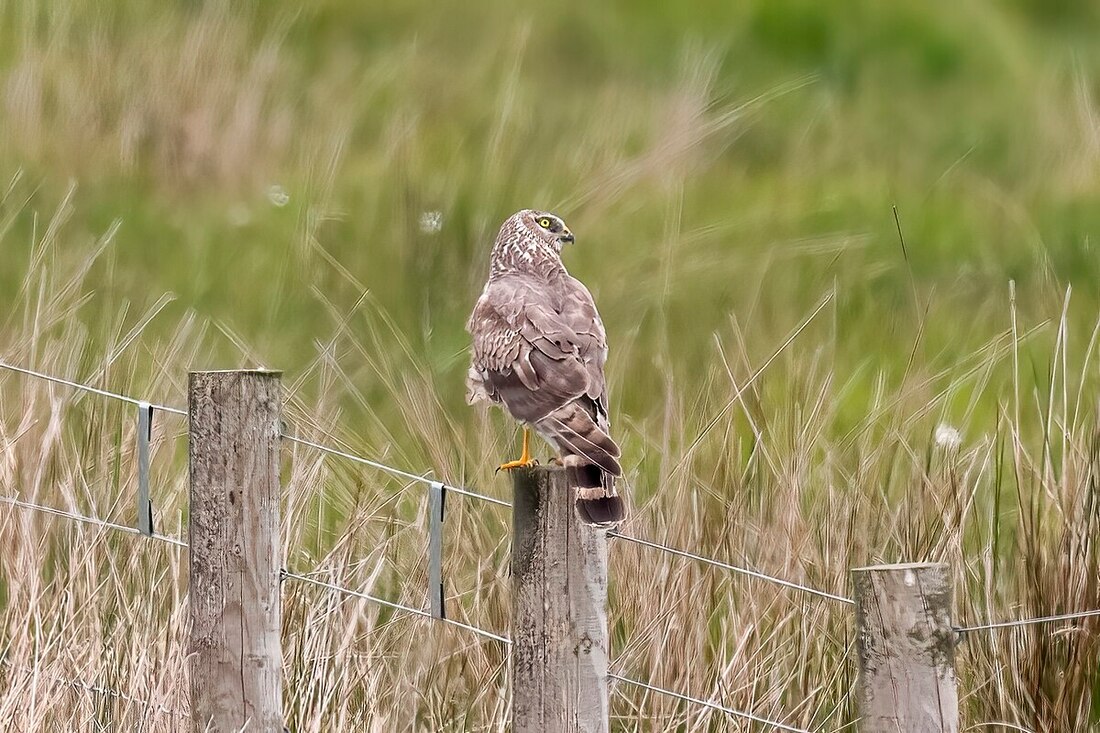
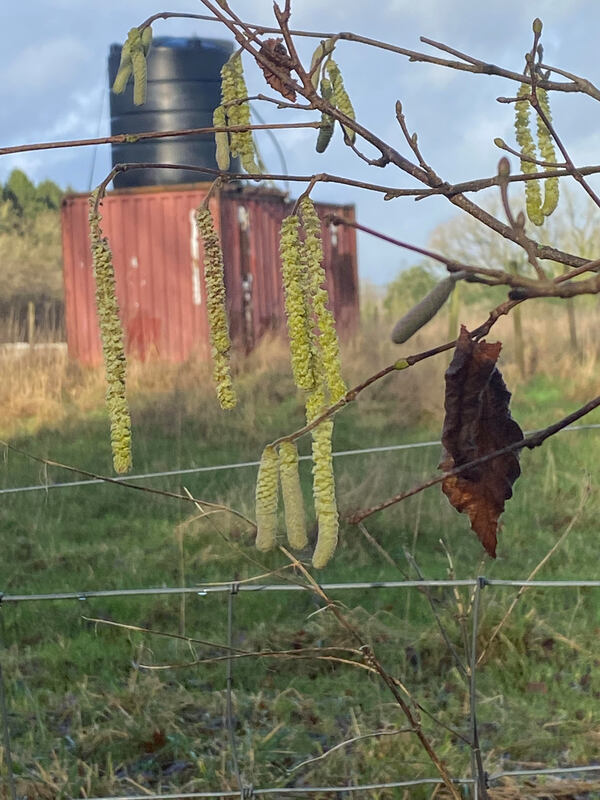
 RSS Feed
RSS Feed